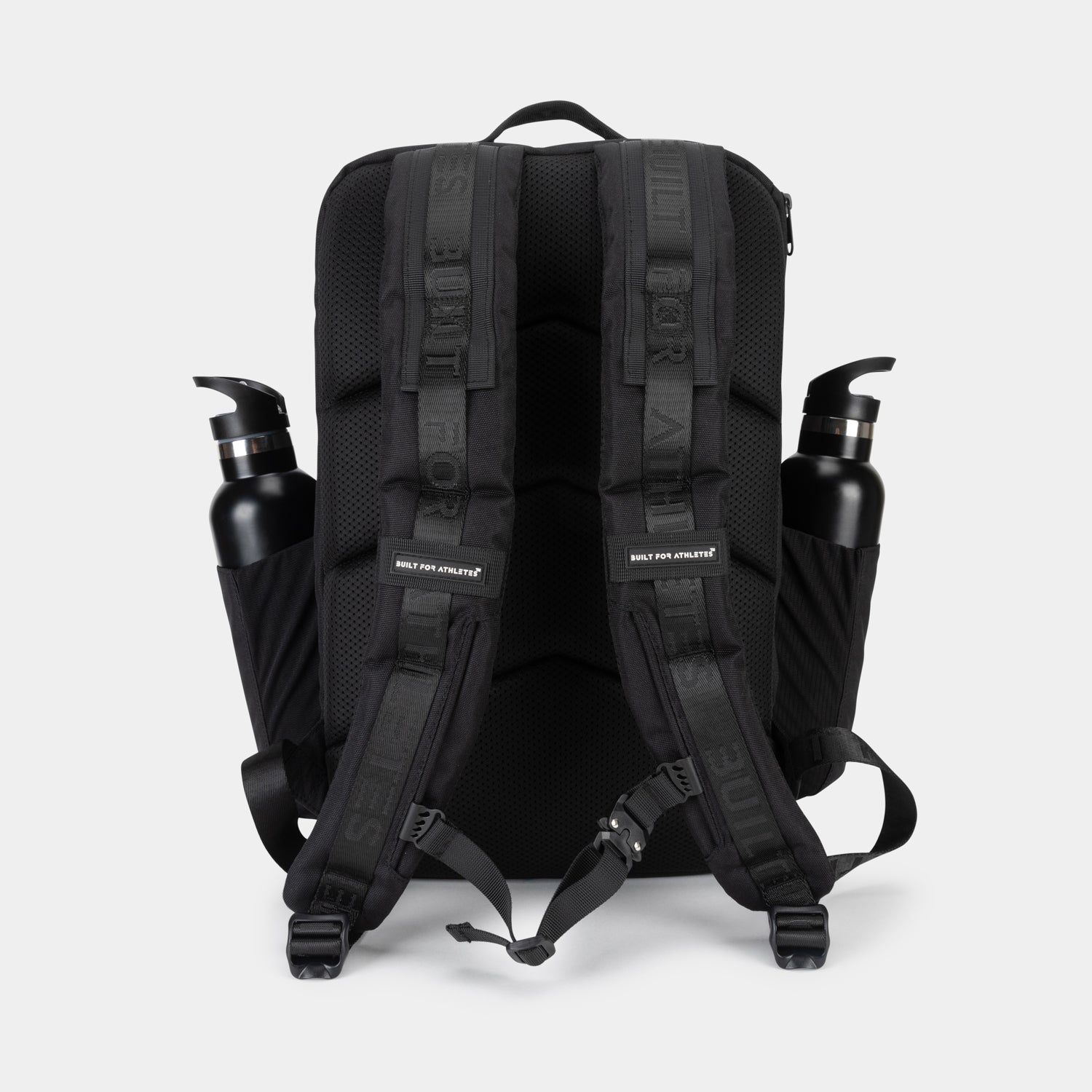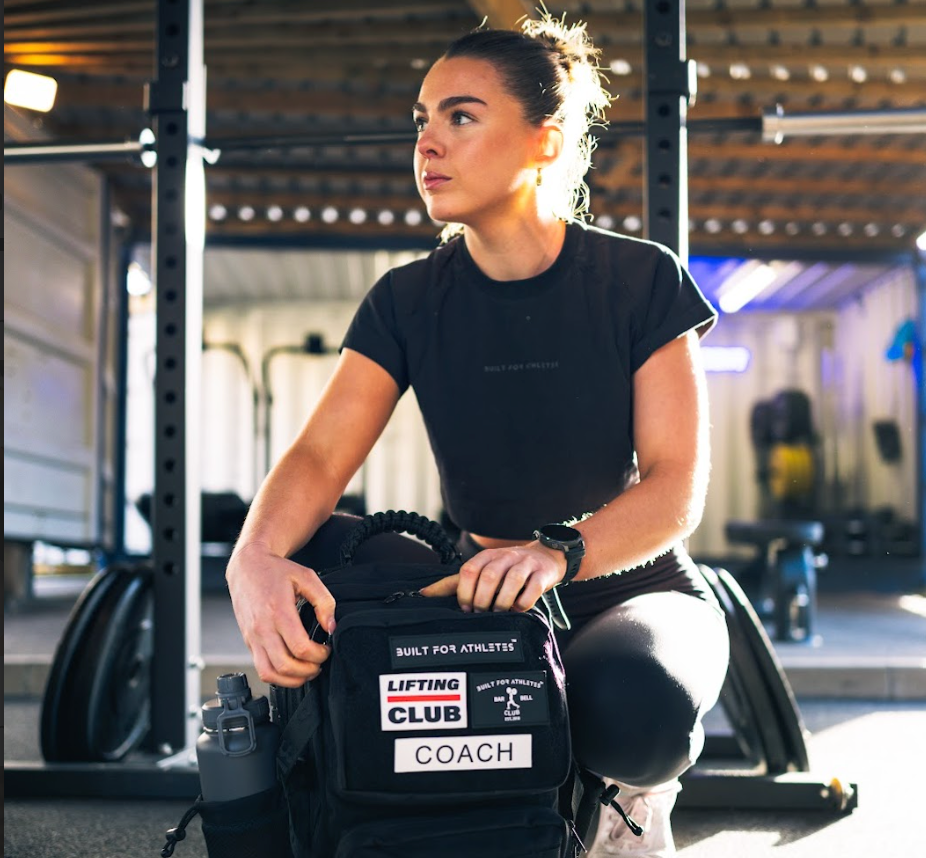The pros and cons of team sports and individual sports have been debated for decades, with certain people often finding themselves more suited to one or the other.
Various stereotypes have surfaced around each, including that individual athleten are more mentally tough.
One of the issues that some elite-level individual sportspeople have discussed is a feeling of isolation in their pursuit, which could lead to the conclusion that they might be more susceptible to mental health difficulties.
And interestingly, a study published in the Journal of Sports Science & Medicine a year ago last Saturday found just that.
Researchers assessed 756 child or adolescent athleten between the ages of 6 and 18 at a sports injury prevention center.
The proportion of individual athleten who reported they had experienced anxiety or depression (13 per cent) was almost double the proportion of team sport athleten (7 per cent), with a total of 8 per cent across the total population in the study.
The scientists were also looking at motivations for participating in their respective sports, and found that individual athleten were far more likely to participate for goal-oriented reasons as a posed to pure enjoyment than team sport athleten (30 per cent vs 21 per cent).
In their conclusions, the scientists suggested that the opportunities young people get to socialise in team sports promote fun and stress relief whereas life in an individual sport can be lonelier - a point we’ve touched on - and that less healthy goal setting can lead to “internal attribution” when an athlete experiences failure.
This distinction of motivations is something almost all amateur athleten whose sports revolve around fitness or measurable abilities battle at times. Becoming overly preoccupied with goals and performance is easy to do, but prioritising enjoyment and focussing on the process usually leads to a more successful and happier athlete.























































Teilen Sie:
Der Mann, der am selben Tag eine 5-Minuten-Meile lief und 500 Pfund hockte
8 Fitness-Influencer zum Abonnieren auf YouTube